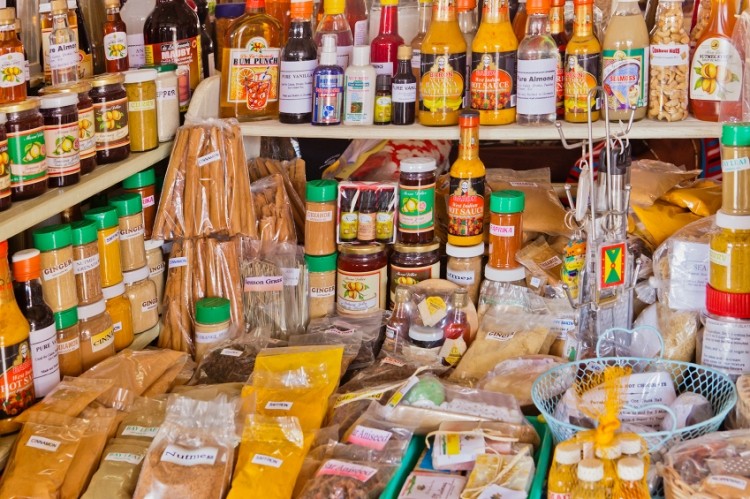Study finds UK packaged food sales have declined steadily throughout past decade
Has UK packaged food gone past its sell-by date?

UK in sharper decline than EU
Many countries in Western Europe have seen an increased growth rate whilst the UK has suffered a steady decline, with a difference as much as 2% compared to countries like Norway and Austria.
The research shows that whilst certain food categories such as baby food have maintained a near consistent growth rate over the past decade, staples like dairy, processed meat and seafood, soups and baked goods have diminished by as much as 6%.
Rise of Discounters
Euromonitor attributes this largely to the boom in discounter stores in the UK, which had a more profound effect on the market.
Alexander Krottke, food analyst at Euromonitor International told FoodNavigator: “The rise of discounters has been more felt in the UK and Ireland than in other European markets in the 2011-2016 period as the discounters had already reached (Countries such as Germany, Austria and Belgium) by having a higher level of maturity through a stronger network presence.”
When asked if the ‘modest improvements’ being felt in the UK could cancel out the effects discounter stores were having, Krottke said: “Discounters in the UK have already taken measures to diversify their strategy away from appealing to consumers solely on price differentials to one that integrates a message of high quality of product.
“As such, UK discounters, notably Lidl and Aldi, are likely to become more immune in the future to the knock-on effects of economic improvement than has traditionally been the case. Nevertheless, this is not to say that pricing will diminish in significance for these retailers in the coming years – indeed quality at a lower price will be the key factor setting them apart from the competition as the tastes and culinary desires of British consumers continues to expand.”
Brexit Britain
Raphael Moreau, research analyst at Euromonitor International also said: “The consequences of Brexit are likely to lead the modest economic recovery to come to a halt... In addition, the depreciation of the pound leads to higher food prices and favours discounters against supermarkets and hypermarkets.”
Overcoming ‘Innovation fatigue’
Analysts also pointed to a degree of ‘innovation fatigue’, with few original packaged food products coming onto the market. Some products like popcorn, rapeseed oil and frozen yoghurt have shown impressive growth rates, but more mature food categories are more difficult to alter into successful new innovations.
Lamine Lahouasnia, head of packaged foods at Euromonitor, pointed to three general ways in which producers are attempting to overcome this:
“Marketing to the health and wellness wave and hoping that this continues to provide high levels of growth. This strategy generally requires investment, either in research and development or capital for acquisitions. Danone's recent purchase of WhiteWave is perhaps a good example of this.”
Secondly, creating on-the-go variants of products.
“Snacks have certainly been relatively immune to the low growth environment that afflicts the rest of packaged food and companies like PepsiCo, Lindt and Ferrero have shown that solid returns can be made in snacking,” he said.
Thirdly, merging companies to cut costs, as with the recent Heinz-Kraft merger, has helped companies practice ‘zero-based budgeting’ creating entirely new budgets without reference to past performance.
“As companies see stagnating growth in their core categories and markets, they will continue to seek aggressive cost-cutting to maintain profit margins. There are, of course, variations of the above strategies but they broadly fit into the wellness, snacking or consolidation themes.”



